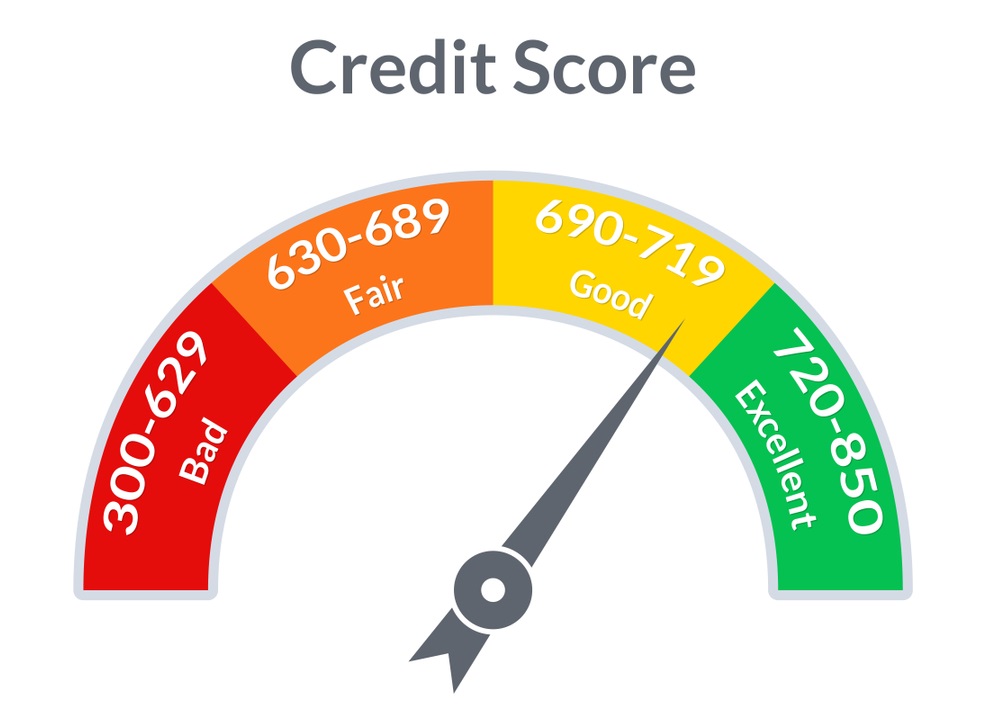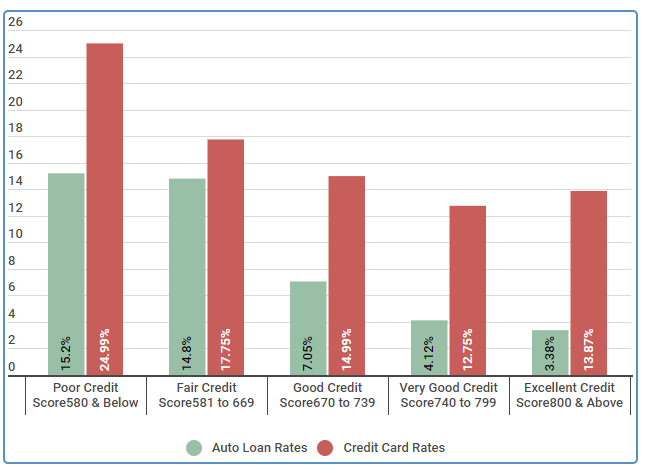
The greater the risk, the lower your score and the more you’ll pay to access credit - if you can access any at all. While credit scores help determine your availability of credit and the rate you’ll pay to access it, what it really measures is your statistically proven likelihood of defaulting on the money you borrow. Here’s how they break it down: Credit Score Ranges The two biggest creators of credit scores are FICO and VantageScore. However, you can get a good general idea of your credit from your credit score. A score of 580 to 669 is considered a fair score, but you’ll get better rates with a higher score.Ĭredit card issuers define “good credit” differently, so you sometimes can’t know until you apply whether you’ll be approved for a credit product or get the best rate. And while over 800 is an exceptional score, it won’t get you much more.Īny score below 579 is not where you want to be. Scores in the range of 670 to 739 are good, and they may be good enough for most people. What is a good credit score for a credit card? Here’s what you need to know about good credit scores and how they’re calculated. But if your credit score is higher than average, you could reap the benefits of lower interest rates and higher lines of credit on cards.

What’s a good credit score? According to FICO, the average credit score is 716. Credit scores also determine the interest rate you’re charged for using lines of credit on cards and loans. Have more questions about credit? Make an appointment with one of our bankers and make sure you are on the right track to good credit health, or learn more about the Platinum credit card and how you can keep track of your credit score more easily.Credit scores are undoubtedly important - they determine our eligibility for a variety of financial products, including credit cards.
Us credit score range how to#
Learn more about how to build and maintain a good credit score. Bank Visa® Altitude Go card gives you unlimited access to information about your credit score. If you’re actively trying to improve your credit score, explore credit card options that allow you to check your score as often as you like. Having a well-balanced mix of different lines of credit can benefit your credit score.īeing proactive about your credit health can put you at an advantage when making major purchases.

Length of credit history: The longer you’ve had one or more lines of credit, the better you’ll look to a lender.If your debt is more than 30 percent of your total credit limit, your credit score may begin to fall. Amounts owed: Amounts owed refers to the amount you owe relative to the credit available to you by any given lender.A history of late payments on several accounts will cause more damage than late payments on a single account. If you are 30, 60 or 90+ days late with a payment, it will be documented and can lower your credit score. Payment history: Paying bills on time consistently will greatly improve your overall score.Your credit score is based primarily on the following factors: Don’t be discouraged though: it’s never too late (or too soon) to take steps to repair your credit score. If you’re on the lower end of the credit score range, applying for credit might be more complicated, so it's good to know what to expect before you begin. If you have a high credit score, you shouldn’t have any trouble securing your line of credit. Those who have “good” or “excellent” credit scores are more likely to qualify for loans and receive favorable terms, like lower interest rates and flexible repayment periods. Scores of 700 and above are considered “good”, and scores over 800 are considered “excellent”. Scores under 600 may make it difficult to secure a line of credit, while scores between 600 and 700 may only allow for loans at a higher interest rate. The range of credit scores runs from 300 to 850 and simply put: the higher your score, the better. If you want to rent an apartment, finance a car or qualify for a mortgage, having a good credit score could make the approval process much easier (and more likely). See how your numbers stack up so you know what to expect before applying for loans.

Find a financial advisor or wealth specialist.


 0 kommentar(er)
0 kommentar(er)
